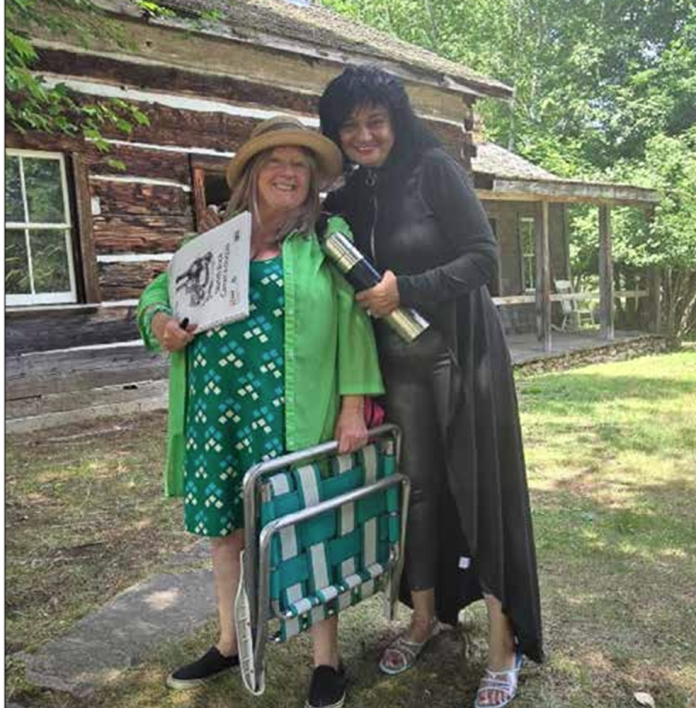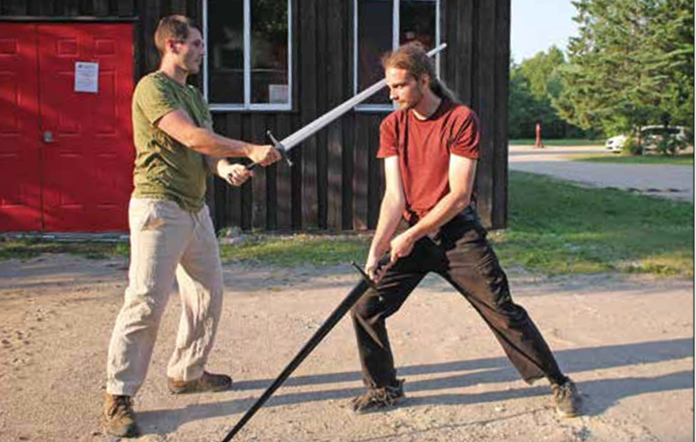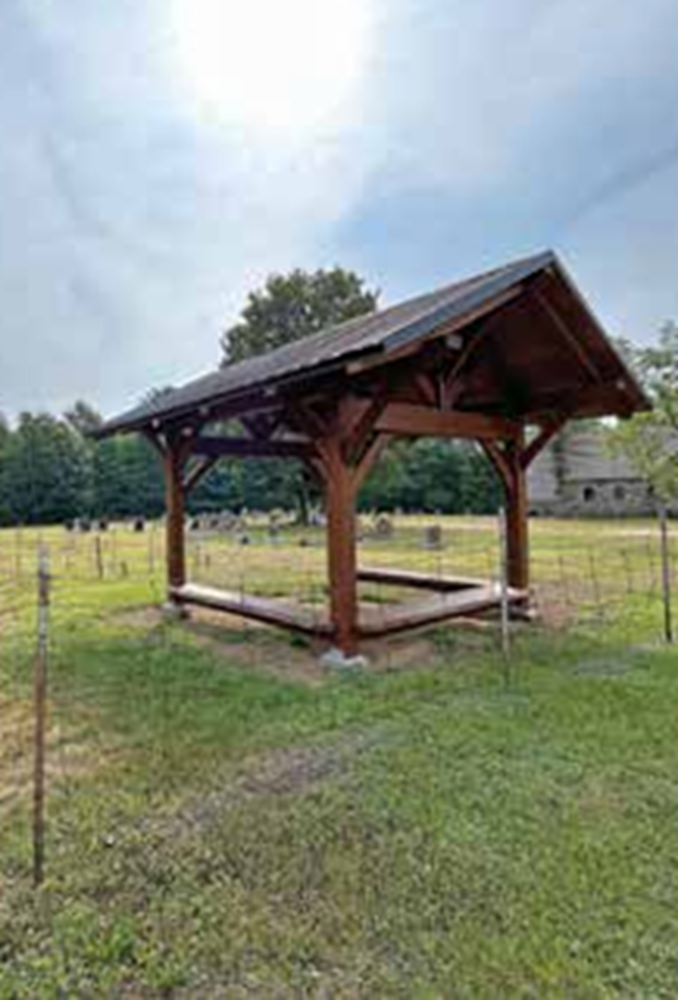Forget about where in the world Waldo is. Highlanders were wondering where in the world the Wilbees were last week as the local family got caught up in the Air Canada flight attendants’ strike – sending them on an adventure – or should we say misadventure.
They’re all home as of early last Friday morning, and Tamara Wilbee, who is Dysart et al’s chief administrative officer, said the challenge now is to see if they can be reimbursed for any of the costs associated with the labour unrest that impacted their travel plans.
Wilbee, her mother, Joan Wilson, son, Andrew Wilbee, daughter-in-law, Taylor O’Leary, and two granddaughters were supposed to fly home from Athens, Greece Aug. 16.
The family had been on a trip with O’Leary’s dad, brother and sister-i-nlaw – who were unaffected by the strike interruption.
“We were supposed to leave on the 16th and we got a text on the 14th or 15th saying there could be some problems because Air Canada was ramping up,” Wilbee said.
“Then on the 16th, not until the morning of the flight, we got another message saying they’d cancelled it. Later that afternoon, they sent a text saying they’d checked for three days before and after and there weren’t any flights available.”
She chuckled at the three days before, as they would have had to have time travelled back to make any of those flights anyway.
She said they were all sitting at dinner when they got the flight cancellation notice, “and I kind of immediately lost my appetite.”
They were staying at a Holiday Inn “so that wasn’t sustainable because it was $600 a night for the two rooms.” They booked another night in Athens, at a more affordable Airbnb near a beach.
“We were worried because everybody kept saying we’d get reimbursed, but there were different rulings. What if you aren’t, and you have spent all this money.”
Wilbee said with no immediate Air Canada flights, “we were on our own to figure out how to get home. With three iPads and three iPhones working together, we managed to secure a series of flights through Paris and Dublin.”
However, she said flight costs tripled after the strike started and it cost more to get home than it did for their entire trip to Greece, including a cruise.
With all the extra accommodation and flights and food, she said they’d maxed out all of their credit cards. “I can’t imagine what we would have done if we didn’t have some credit.”
It was confusing, and the long road home took them to places such as Paris, Zurich, Dublin and Halifax.
There were other hiccups, such as the original Dublin to Toronto flight being cancelled. Their bags were lost in Halifax, going to Montreal, while they went to Toronto.
Despite it all, they made the most of each and every stop, such as visiting Paris Disney in between flights and seeing the sights of Dublin. “Make the best of everything if I can,” Wilbee said.
She added they ended up in places they had slotted for future trips.
“Can’t really complain too much,” she said with a laugh.
When she got back to work Aug. 25, she said co-workers had decorated her office with balloons and streamers, and a world map circling all the places the Wilbees had been. “It’s pretty nice.
“I went into the Eagle Lake Country Market on Sunday, and the girl in there said, ‘oh, she’s just back from here, and she was there’, I was so impressed everyone knew the whole story.
“I’d still fly again. Have lots of room on your credit card when you go, though.”











